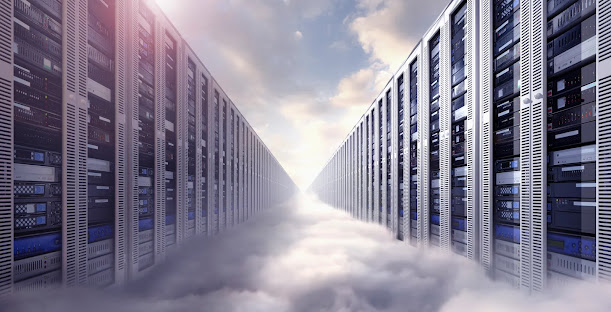$1 TRILLION :
''' '' CLOUD* MARGINS CLASSIC '' '''
REIMAGINE THE HONOURS OF THE WORLD STUDENTS SOCIETY. In the next two decades the students of the world will create an economy and an ecosystem of well over $1 Trillion dollars.
REGISTER NOW. All the wealth so created is the exclusive ownership of every student in the world. Managed and regulated by your elected bodies and overseen by the global founder framers with the power of VETO.
AND WITH tooting horn, I have the greatest of honours to nominate founder framer Engineer Haleema Zia as the '' Global Head of Diversity '' on !WOW!. Welcome ALL to The World Students Society!
HYPERSCALER !WOW! : The World Students Society, with Almighty God's blessings, hardwork and total assistance and support from the great students of America and the students of the entire world, will liberate billions of students from utter poverty. '' Free your thinking ''.
CLOUD COMPUTING - STILL IN its early days, is growing rapidly. AWS created the industry in 2006 as a way to make money from its excess storage capacity by offering to host other companies' data.
GCP joined the fray two years later, followed by Azure in 2010. Partly because it moved first, AWS has 14% of the cloud-infrastructure market, still the largest share, according to data from Synergy Research Group. But Azure and GCP have made gains.
COMPETITION IN THE CLOUD IS BILLOWING. Alphabet, Amazon, and Microsoft have together invested almost $120 billion in the past 12 months, most of it in data centres and the servers that power them.
Amazon and Microsoft have seen their capital expenditure as a share of revenue rise by almost five percentage points in the past five years to 13%. Customers increasingly irked by sky high bills, are opting for more than one cloud service for fear of lock-in.
''It's not a winner-take all market,'' says an executive at a big cloud provider. Tech giants are battling to gain an upper hand.
All this should be putting pressure on stratospheric profits. AWS accounts for three-quarters of Amazon's operating income. Before this year's tech-stock slump some analysts reckoned it could become a $1 trillion firm if spun out.
Microsoft's Azure is thought to be just as profitable. Google, by contrast, is taking it a hit as it tries to gain market share. It racked up $ 3.3 billion in cloud related operating losses over the past 12 months, around 1% of Alphabet's revenue.
For now there is little sign of margin squeeze. On July 28th AWS reported an operating margin of 29%, four times that of Amazon's retail business. Azure margins, which Microsoft does not reveal, are believed to be steady, too. Google's cloud segment cut its operating losses from 16% of revenue in the previous quarter to 14%.
A COMBINATION of a fast-growing industry, hardware improvements and barriers to switching providers explains why margins have been elevated. But some of these factors are transient.
The cloud giants are therefore preparing for a squeeze by trying to sell higher-margin software and by making their services even stickier. The result could be a vast cloud market offering a range of new capabilities to customers.
THIS YEAR global sales from the entire industry are forecast to surpass $495 billion, according to Gartner, a research firm. That includes an ecosystem of firms selling services on top of related to the cloud, such as Okta, a maker of authentication software, and MongoDB, a database firm.
It could grow to more than $1 trillion by 2030. Today only 30% of the enterprise workloads -applications, software programs or work that would have been run on a local server - have been shifted to the cloud.
REVENUES of the big three ''hyperscalers'' are still growing at a decent clip Last quarter AWS'S sales grew by 33% compared with the same quarter a year ago. Azure and GCP managed 40% and 36% respectively.
Amazon and Google both have a backlog of multi-year contracts that are yet to be reported as sales of $100 billion and $50 billion respectively. Such growth has meant less pressure on margins.
The firms have also managed to cut the costs of hardware by making better use of old machines. Servers need to be upgraded less frequently than first thought, making clouds cheaper to run. The three tech giants have announced extensions to their average server lifetime from three to four years.
On July 28th Microsoft went one better and said that it was extending it to six years, saving the firm about $4 billion in 2023. AWS is still running some of the servers it bought in 2006.
The Honour and Serving of the Latest Global Operational Research on Cloud Computing and Tech Giants, continues. The World Students Society thanks author The Economist.
With respectful dedication to the Students, Professors and Teachers of the world. See Ya all prepare and register for Great Global Elections on The World Students Society - for every subject in the world : wssciw.blogspot.com and Twitter - !E-WOW! - The Ecosystem 2011 :
Good Night and God Bless
SAM Daily Times - the Voice of the Voiceless

.png)


0 comments:
Post a Comment
Grace A Comment!